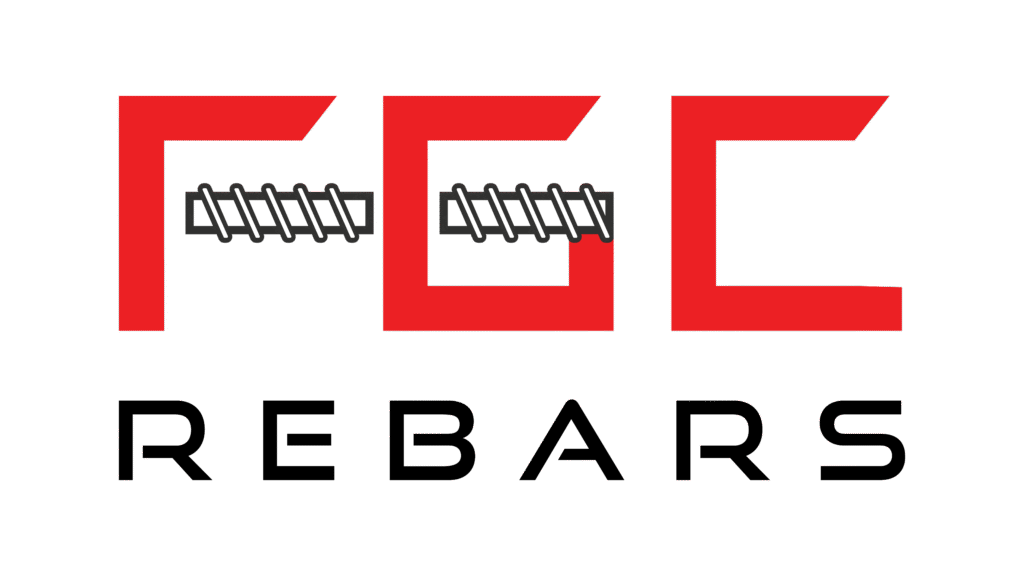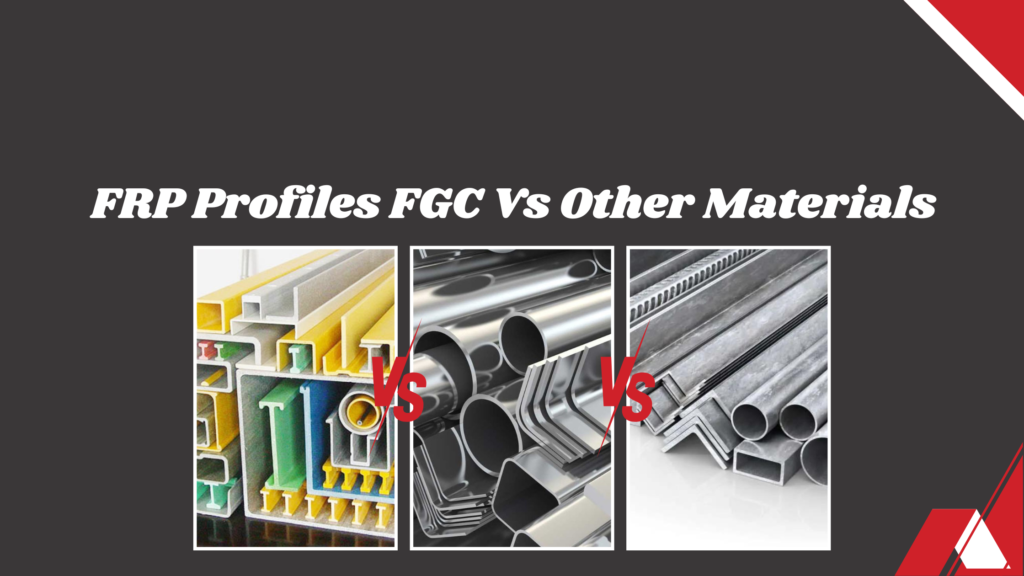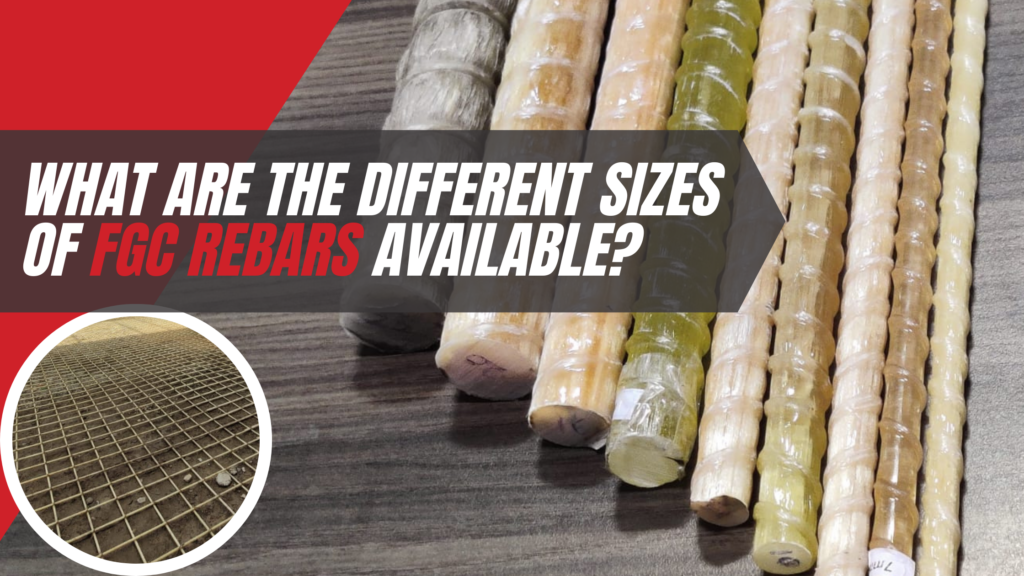When planning any construction project, selecting the right reinforcement material is critical to the structure’s strength, durability, and long-term performance. One of the most innovative and efficient options in modern construction is Fiberglass Composite Rebar (FGC Rebar) — a corrosion-resistant, lightweight alternative to traditional steel rebar.
A common question we often get is:
“What sizes or diameters does FGC Rebar come in?”
Let’s break it down clearly for you.
Standard Diameters of FGC Rebar
At Shinestar, our FGC Rebar is available in a range of standard diameters, making it suitable for various structural applications — from slabs and beams to foundations and marine structures.
Here are the most common FGC Rebar sizes we offer:
- 4 mm
- 6 mm
- 8 mm
- 10 mm
- 12 mm
- 16 mm
- 20 mm
- 25 mm
- 32 mm
These diameters ensure flexibility for both light-duty and heavy-duty construction needs.
Length Options: Straight Bars and Rolls
FGC Rebar is available in both straight bar and coil (roll) form, depending on the diameter:
🔹 Coil Form (Rolls):
- Typically available in smaller diameters (4 mm to 12 mm)
- Standard roll lengths can vary depending on project requirements
- Coils are ideal for easy transport, handling, and reduced site wastage
🔹 Straight Bar Form:
- Suitable for larger diameters (10 mm to 32 mm)
- Common lengths: 6 meters, 9 meters, or customized as per order
How to Choose the Right Diameter?
The choice of FGC Rebar diameter depends on several factors:
- Load requirements
- Structural application (e.g., slab vs. column)
- Site conditions
- Project-specific design standards
For example:
- 4–8 mm: Ideal for light-duty slabs, precast panels, or fencing
- 10–16 mm: Common in beams, slabs, and footings
- 20 mm and above: Used for heavy load-bearing structures and infrastructure
Why Use FGC Rebar?
In addition to the variety of diameters, FGC Rebar offers:
- Corrosion resistance (no rusting)
- High tensile strength
- Lightweight handling
- Electrical and thermal insulation
These advantages make it an excellent choice for coastal, chemical, or long-life projects where durability matters most.




